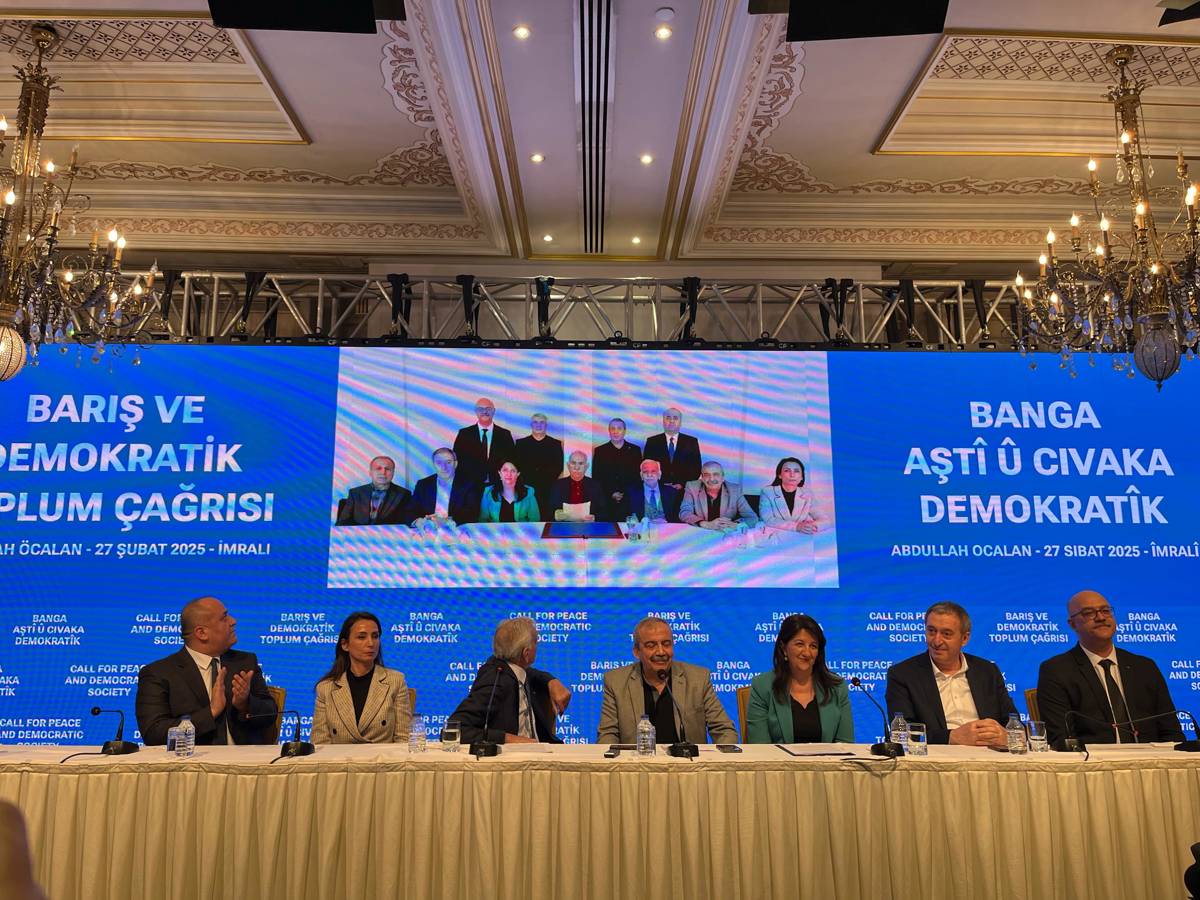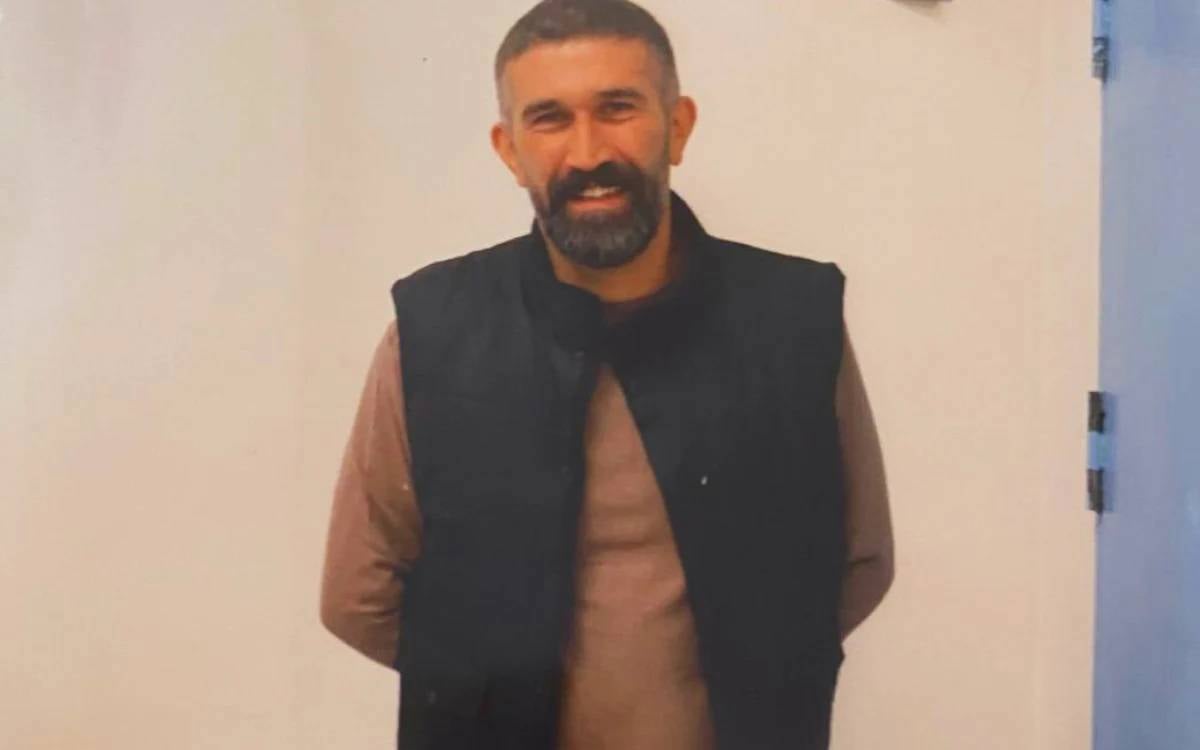DURSUN ALİ KOYUNCU:
“They are trying to criminalize the struggle to protect nature”

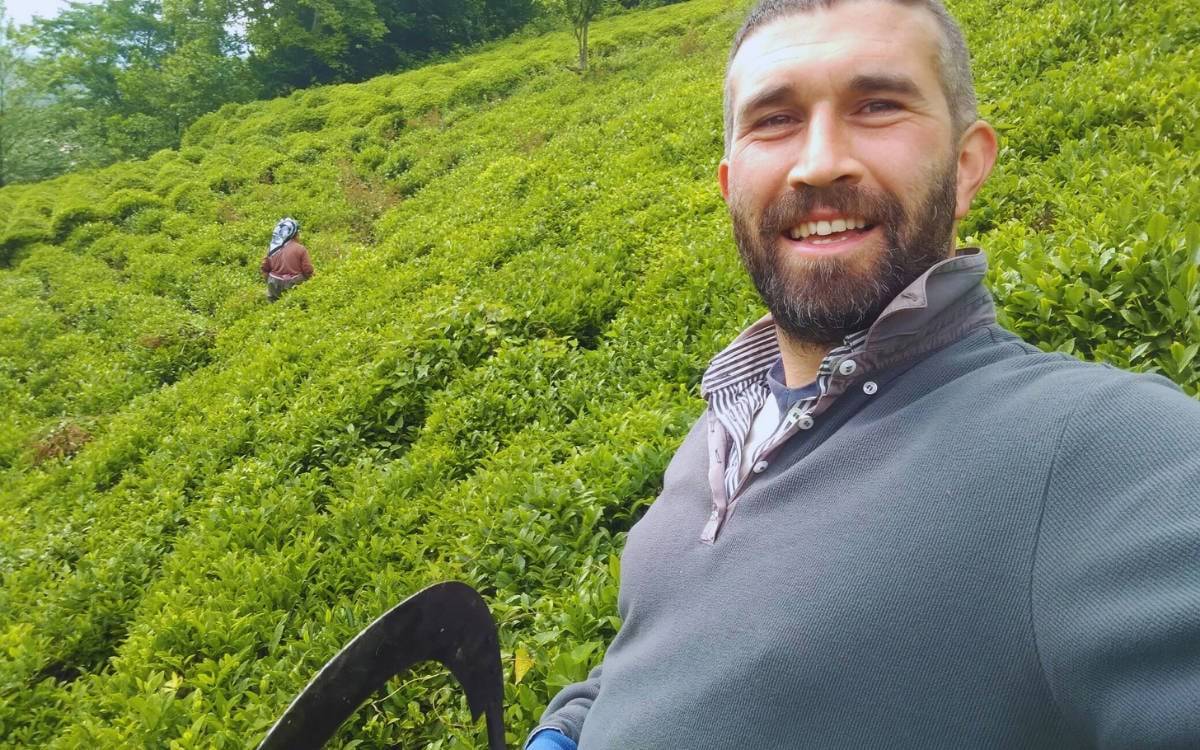
A leading figure in the ecological struggle in Cankurtaran, Artvin, and among those who were targeted in the armed attack on 3 September 2024 that led to the murder of Reşit Kibar, Artvin Halkevi Administrator Dursun Ali Koyuncu was arrested on 7 September 2024.
Koyuncu was placed under arrest on charges of “insulting a public officer on duty” (Turkish Penal Code Article 125/3a, 125/1) and “belittling or provoking the public towards hatred and animosity” (Turkish Penal Code Article 216).
Following an 86-day period of arrest, Koyuncu was released on 2 December.
Stone quarries
Koyuncu spoke to bianet about the ecological struggle they continue to carry out in Artvin and his arrest.
“I joined the ecological struggle many years ago by opposing the plunder of nature in our village. Our first struggle was against the stone quarries. The quarries had received two licenses. Against the decision to issue licenses, we filed both stay of execution and annulment cases. But that was just the beginning.
“The decimation of forests has been another area of struggle for us for many years. Along with our village cooperative, we have stood in the way of this plundering of nature for years. Finally, together with women and youth, we managed to get hold of the cooperative’s administration. We stopped the destruction of the forest and began to work towards the development of the village. However, those who wanted to destroy the forest, with the support of the government, placed obstacles in our way to protect their economic profits.
“More recently, we have faced a much bigger issue: A Picnic Area project on 170 donum land. At first, we approached it in good faith, hoping that it would add to the development of our village; yet soon we realized that the project concealed a huge destruction of forest land, and also, mining activities. This project would not only have destroyed the nature in and around our village, it was also a part of a larger project of profiteering. We questioned the real aim of this 300-400 million lira investment. Our research revealed that this area had been declared a mining area, and we launched a great resistance against it.
Dursun Ali Koyuncu during his time in prison.
Reşit Kibar
“70% of the people in our village were against this project. We organized meetings, collected signatures, filed official complaints. Yet the company had the backing of the state. On 3 September, construction machines entered the project site. We lost our brother Reşit, he was murdered by bullets fired from the gun of a company worker. He shielded us from harm that day, and he paid for it with his life.
“Following the incident, both the company and public officials increased the pressure. I was first detained, then arrested, and became the target of unjust practices. These practices sought to criminalize the struggle to protect nature. Our struggle was terrorized, with an aim to intimidate wider social opposition. I was sent from Artvin to Kars Prison. My family and I faced both psychological and physical repression. Kurdish prisoners showed solidarity with me at Kars prison. Thus we defeated the trap they set for me by sending me to a prison elsewhere. I will continue to talk about this particular process both at court and in public, because all we did was defend our land, our trees and our water.
“70% of land in Artvin has now been declared mining sites. We are punished both by the state and profiteering companies for protecting our nature. Yet, when nature is damaged, it is again the people who suffer. It is we, the people, who lose their lives in floods and landslides. We continue this struggle for humanity, and that is precisely why we will continue to resist against those who try to plunder nature.”
Artvin, a province opened to mining
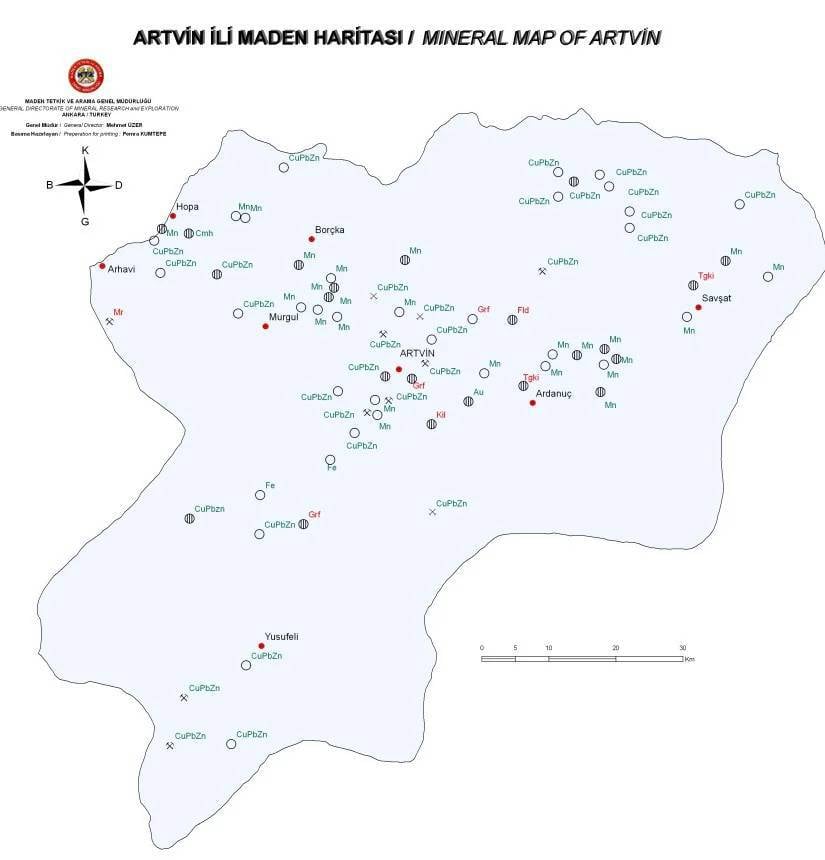
Map of mining and energy resources in Artvin, Source: MTA, General Directorate of Mineral Research and Exploration.
Artvin is a city in the Black Sea Region of Turkey, and stands out for its natural beauty; however, recent times the city has almost only been in the news for mining projects. Mining exploration and lease licenses have been issued for around 70% of the province’s surface area.
Especially the Cerattepe area, where in the year 2016, precious metals including gold, copper and silver were among those planned to be mined, became an important center for both local and nationwide ecological struggles. Local people, ecological defenders and civil society institutions, put up a formidable resistance against the potential impact on nature and human life of mining activities. Protests held for Cerattepe went down in history as one of the most significant examples of ecological struggles in Turkey.
Mining projects in Artvin are not limited to Cerattepe.
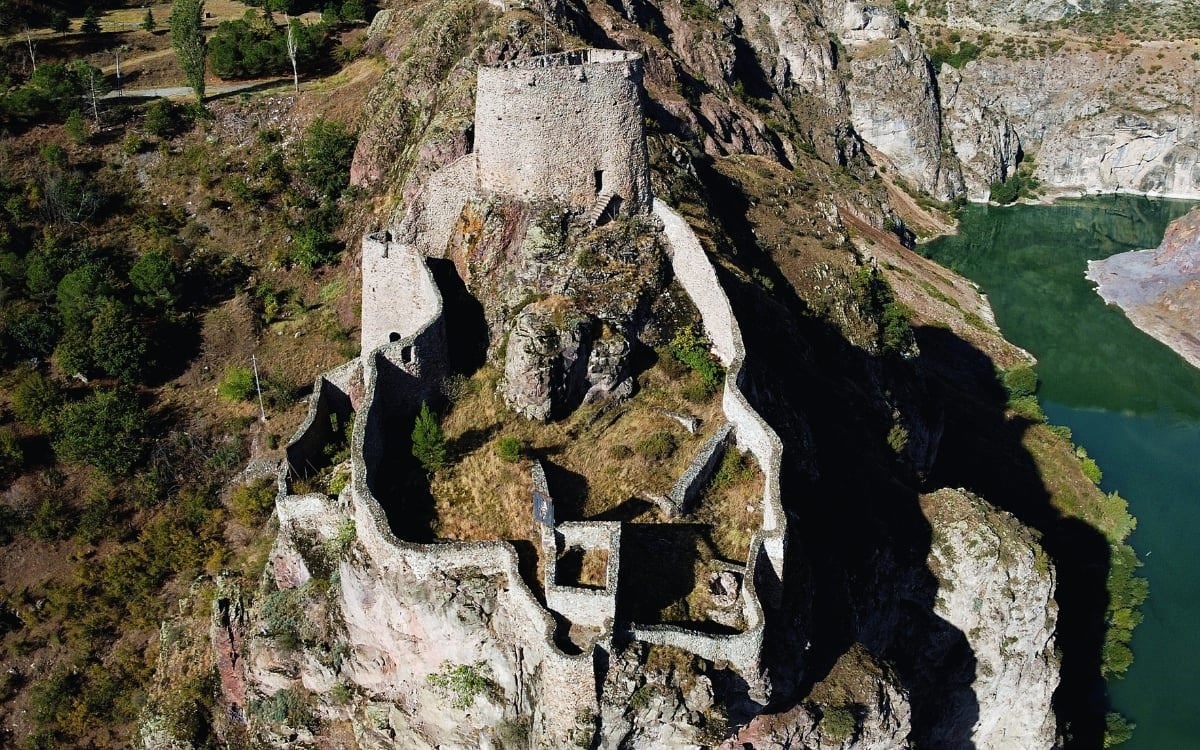
Artvin Castle and environs, Source: Canva.
Copper mining is widespread especially in the Borçka and Murgul districts. Chemicals used in the mining activities in these areas lead to environmental pollution and have a detrimental impact on local agricultural activities. Among them, Eti Bakır A.Ş.’s activities in Murgul stand out for their environmental and social impact.
The struggle against hydroelectric power plants (HES) in Borçka is an important part of the wider anti-HES resistances in the Black Sea area. Protests have been organized and legal processes launched on the grounds that new plants will drain riverbeds, and have a negative impact on agriculture and local life in the region.
At Macahel (Camili) Valley, included in the World Network of Biosphere Reserves and protected by UNESCO, the local people put up a struggle against the mining and HES projects to protect biological diversity. Those who defended the development of the region through sustainable agriculture and ecotourism played a role in halting the projects.
Yusufeli is another region that has faced destruction both due to dam projects and mining activities. Mining activities that have begun during dam construction projects have rendered the ecological structure of the region even more vulnerable. (TY/NHRD)
This news report was produced with financial support from the Oslo Metropolitan University Journalism and Media International Center (OsloMet-JMIC). Only the IPS Communication Foundation/bianet is responsible of the content of the news report and it in no manner reflects the views of OsloMet-JMIC.
Q&A WITH SIRRI SÜREYYA ÖNDER ON KURDISH PEACE TALKS
'We come from a long past, and we are thinking about a long future'
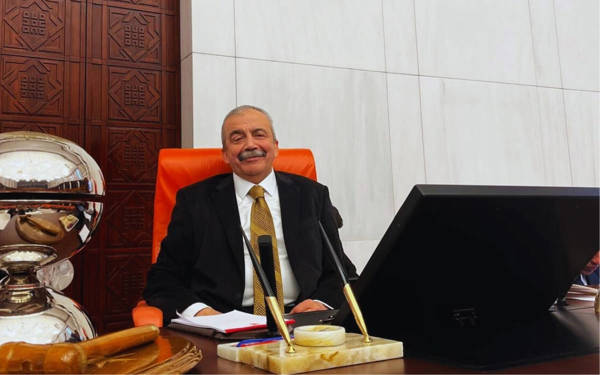
İstanbul Film Festival drops queer films section from 2025 lineup
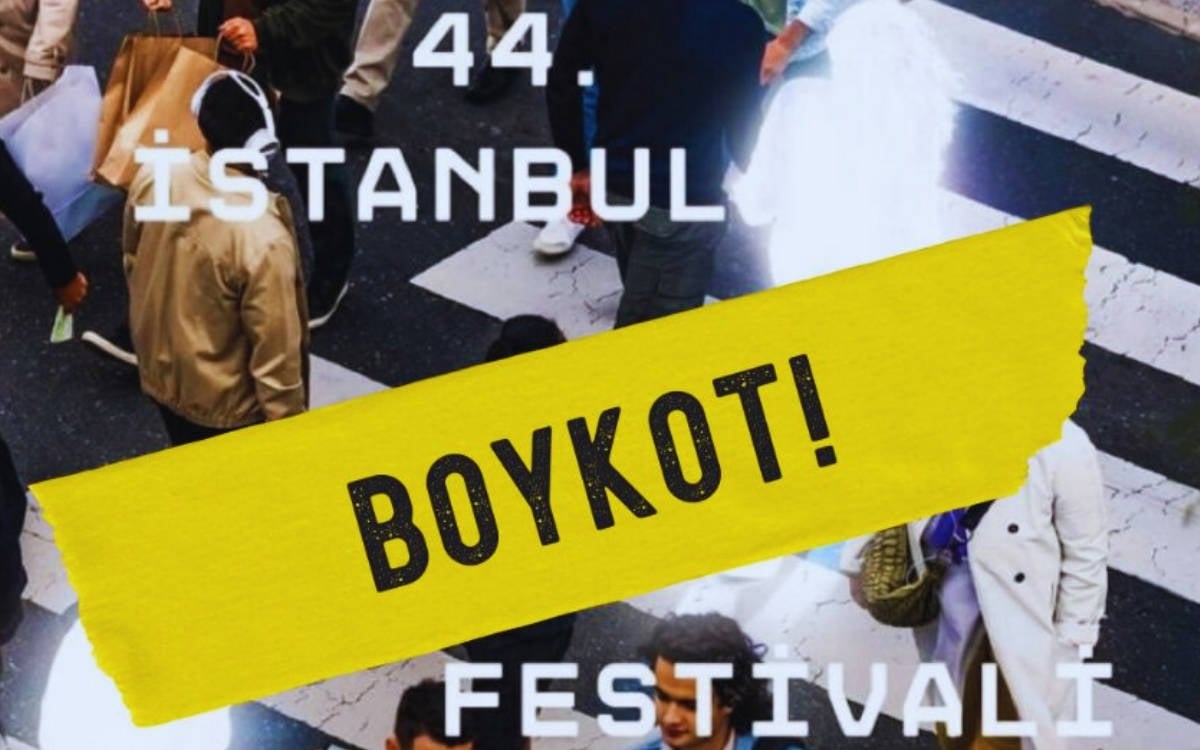
İmamoğlu detention: 'Election alliance with Kurds is not a terror crime,' says MP
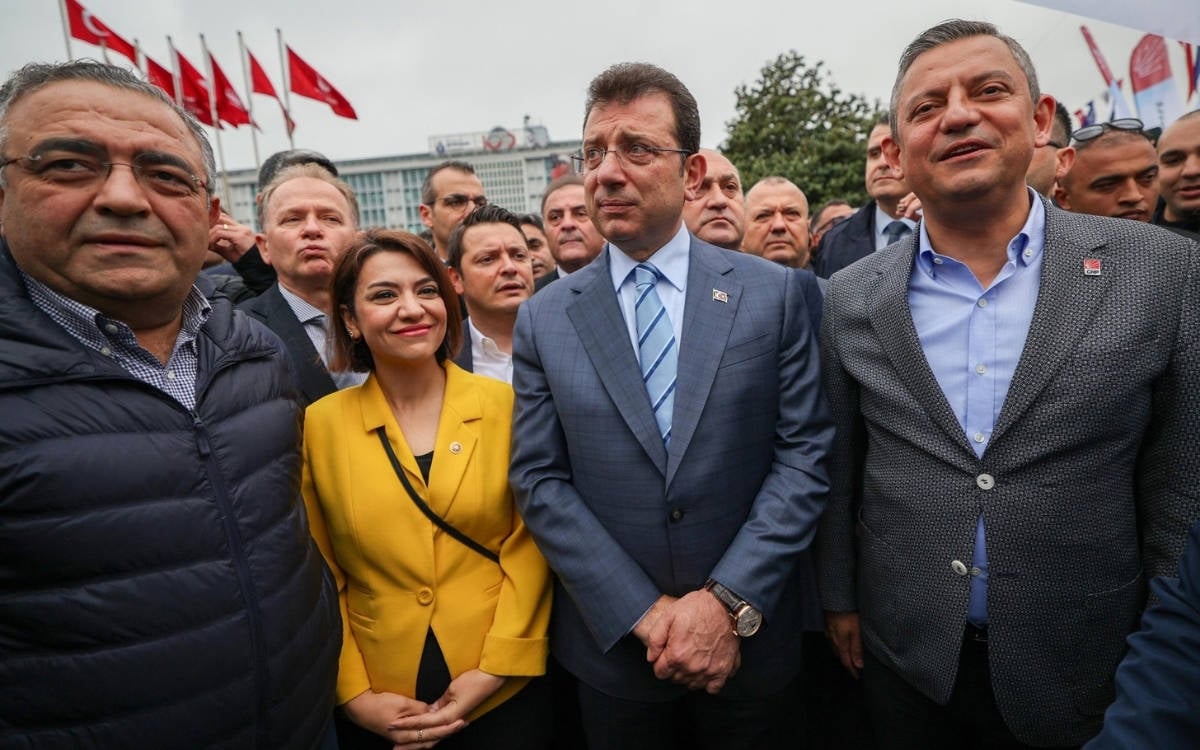
Öcalan's message sparks both hope and skepticism
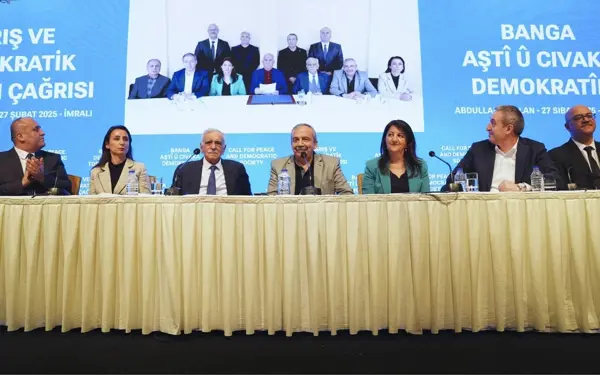
PKK leader Öcalan calls on group to lay down arms in historic statement
